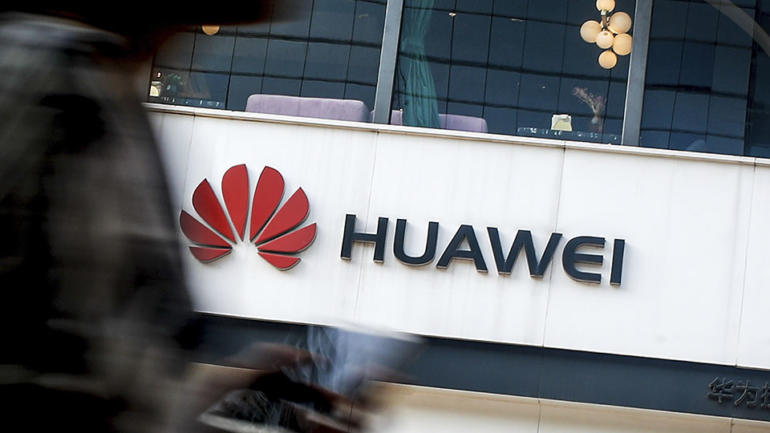A new rule prohibits the U.S. government from buying telecommunications and video surveillance products from five Chinese firms including Huawei and ZTE.
The U.S. claims Huawei and other Chinese firms could share user data with the Chinese government or even launch hacking attacks on U.S. networks.
Huawei and the other companies deny any wrongdoing. The U.S. has provided no evidence of any risk. There won’t be much immediate impact as these firms have little involvement in U.S. government contracting.
Security concerns about Huawei date back to the Obama administration. But President Trump has sometimes portrayed Huawei as a national security threat, at other times a trade issue.
“It’s much simpler not to do any business with Huawei. So, we’re not doing any business with Huawei. That doesn’t mean we won’t agree to something if, and when, we make a trade deal,” said Donald Trump, U.S. President.
Huawei also faces a separate ban on purchasing U.S. components or software used in its smartphones. Huawei is pushing back—suing the U.S. government and rolling out a new operating system that could be used to replace Google’s Android OS, if needed.
Despite headwinds from the U.S., Huawei reports strong growth in the first half of 2019, but acknowledges more risk ahead.
“Our business result for the first half was quite good, and we achieved a stable growth. But objectively we are facing many difficulties. In the second half and next year, these difficulties are quite challenging,” said Liang Hua, Huawei’s Chairman.
In the battle of public opinion Huawei has released an animated video warning that trade disputes could create a digital Berlin Wall—a technological and economic divide between countries aligned with China and those aligned with the U.S.
“We must learn from history. No more walls in terms of trade. No more walls in terms of technology. This world needs an integrated global ecosystem that can help us promote faster technological innovation and stronger economic growth,” an English speaking narrator says in the video.
Meantime, U.S. National Security Adviser John Bolton traveled to London to meet with representatives of Boris Johnson’s new government, hoping to convince the U.K. to join the U.S. in blocking Huawei.
 CGTN America
CGTN America
 A woman walks by a Huawei retail store in Beijing, Tuesday, July 30, 2019. Huawei’s global sales rose by double digits in the first half of this year despite being placed on a U.S. security blacklist. The Chinese tech giant’s chairman said Washington’s campaign against the company has ‘galvanized our people.'(AP Photo/Andy Wong)
A woman walks by a Huawei retail store in Beijing, Tuesday, July 30, 2019. Huawei’s global sales rose by double digits in the first half of this year despite being placed on a U.S. security blacklist. The Chinese tech giant’s chairman said Washington’s campaign against the company has ‘galvanized our people.'(AP Photo/Andy Wong)
